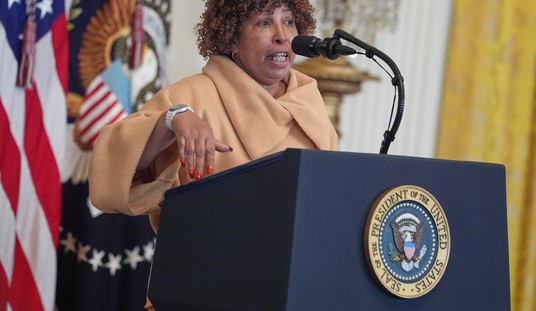This is Part Three of a six-part series on the death of Sergei Magnitsky, what he uncovered before his death — and how it all relates to Natalia Veselnitskaya, the Russian woman who met with Trump Jr., Paul Manafort, and Jared Kushner in June 2016.
Today, in Part Three of the series, you’ll read the harrowing details of what Vladimir Putin’s Russia did to Sergei Magnitsky after he uncovered a $230 million tax refund fraud scheme allegedly perpetrated by a group including officers Artem Kuznetsov and Pavel Karpov.
MAGNITSKY’S PATRIOTIC REPORTING OF THE SCHEME, AND HIS MURDER
What does a patriotic Russian do when he discovers a fraud against his government on this scale? He reports it. So, after discovering the fraud, Magnitsky went to an Investigative Committee to give evidence against Kuznetsov and Karpov. Trouble was, Kuznetsov and Karpov had been assigned to investigate themselves. Magnitsky gave the evidence to officials anyway, despite the involvement of the suspects in the “investigation” of their own misconduct.
Naively, Magnitsky and Browder still expected the criminals to be caught and punished. But Karpov and Kuznetsov opened up a new case against Browder, and conducted a new set of raids on companies connected to Browder. A well-placed anonymous whistleblower in the Russian government tipped off Browder that the investigation against him was being conducted by the highest levels inside the FSB. So Browder told all his associates and lawyers that they should leave Russia.
Magnitsky was the only one who refused to leave. His position was that he had done nothing wrong. Why should he leave home? He continued to provide evidence against Kuznetsov and Karpov to the Russian State Investigative Committee.
Magnitsky was later arrested by Kuznetsov and Karpov, and was brutally tortured and murdered while in custody. Browder described what happened to Magnitsky in testimony to the Senate Judiciary Committee:
Sergei’s captors immediately started putting pressure on him to withdraw his testimony. They put him in cells with 14 inmates and eight beds, leaving the lights on 24 hours a day to impose sleep deprivation. They put him in cells with no heat and no windowpanes, and he nearly froze to death. They put him in cells with no toilet, just a hole in the floor and sewage bubbling up. They moved him from cell to cell in the middle of the night without any warning. During his 358 days in detention he was forcibly moved multiple times.
They did all of this because they wanted him to withdraw his testimony against the corrupt Interior Ministry officials, and to sign a false statement that he was the one who stole the $230 million—and that he had done so on my instruction.
Sergei refused. In spite of the grave pain they inflicted upon him, he would not perjure himself or bear false witness.
After six months of this mistreatment, Sergei’s health seriously deteriorated. He developed severe abdominal pains, he lost 40 pounds, and he was diagnosed with pancreatitis and gallstones and prescribed an operation for August 2009. However, the operation never occurred. A week before he was due to have surgery, he was moved to a maximum security prison called Butyrka, which is considered to be one of the harshest prisons in Russia. Most significantly for Sergei, there were no medical facilities there to treat his medical conditions.
At Butyrka, his health completely broke down. He was in agonizing pain. He and his lawyers wrote 20 desperate requests for medical attention, filing them with every branch of the Russian criminal justice system. All of those requests were either ignored or explicitly denied in writing.
After more than three months of untreated pancreatitis and gallstones, Sergei Magnitsky went into critical condition. The Butyrka authorities did not want to have responsibility for him, so they put him in an ambulance and sent him to another prison that had medical facilities. But when he arrived there, instead of putting him in the emergency room, they put him in an isolation cell, chained him to a bed, and eight riot guards came in and beat him with rubber batons.
That night he was found dead on the cell floor.
Browder responded to Magnitsky’s murder by dedicating his life to finding and punishing the people responsible for Magnitsky’s death. Browder was the driving force behind the Magnitsky Act, which freezes the assets of people identified as being responsible for Magnitsky’s murder.
Tomorrow, in Part Four, I’ll discuss the reaction of the Russian government to the Magnitsky Act, and why they hate it so much.
This is Part Three of a six-part series on the death of Sergei Magnitsky.
In Part One, I introduced the series.
In Part Two, I began setting forth the background of the aggressive tax fraud scheme that Sergei Magnitsky discovered, as set out in Browder’s book Red Notice.














Join the conversation as a VIP Member